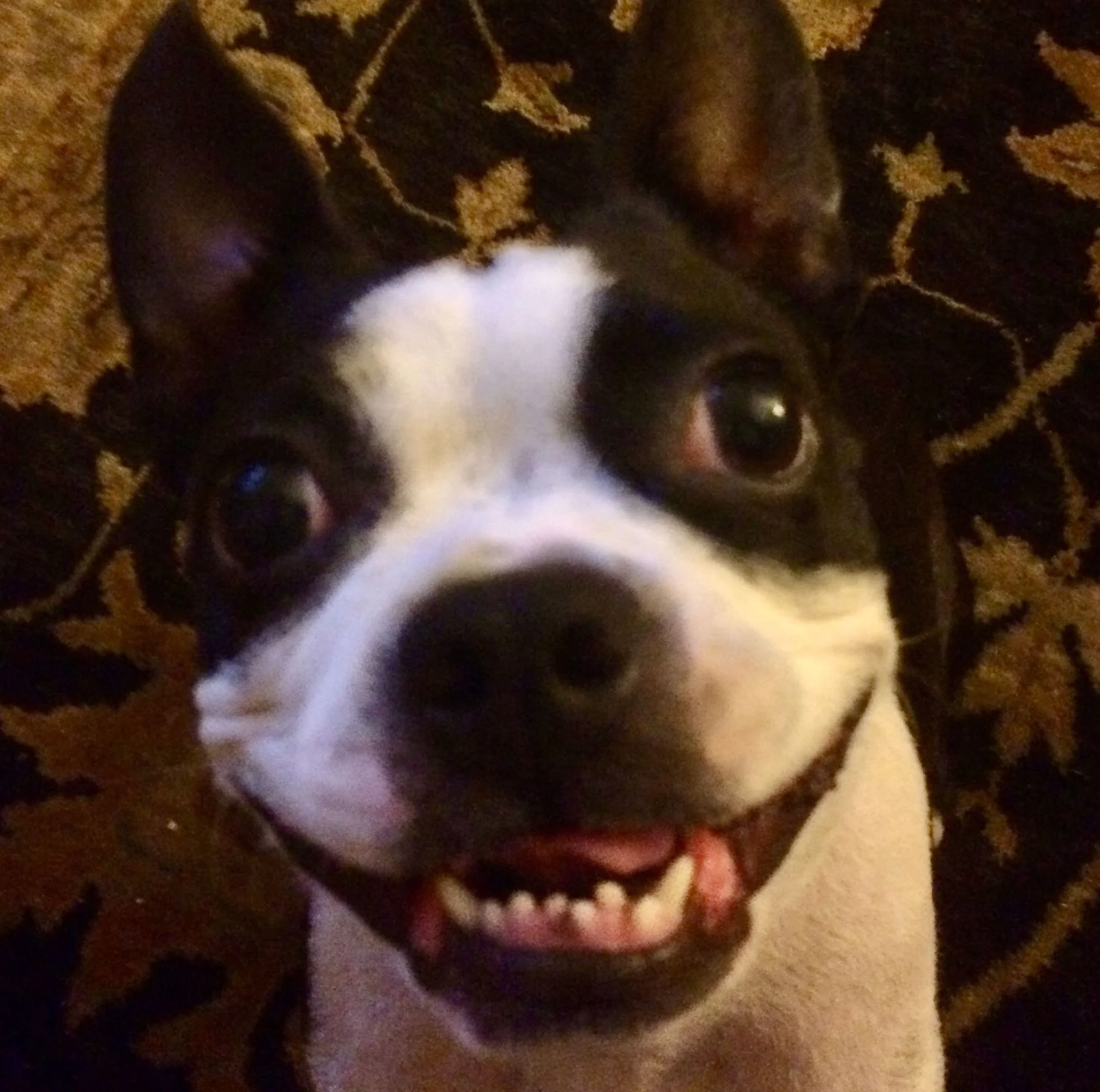The Wisdom of Pets, As Told By Humans
Those of us wrestling with insomnia, irregularity or existential angst might first turn to ZzzQuil, laxatives or anti-depressants for quick relief. But there is a wellspring from which one can drink that may permanently unravel tension and unstop those plugged pipes of the body and spirit.
Here are but a few pearls shared by celebrities, scribes and heads of state who’ve harvested enduring wisdom from their lives shared with companion animals.
The works of French poet, journalist and best-selling novelist, Anatole France, was rife with irony and skepticism. But, when it came to the transformative power of pets, he was definitive and unequivocal: “Until one has loved an animal, a part of one's soul remains unawakened.”
English iconoclast, Samuel Butler, was the author of one of the longest running books in print. First published in 1872, Erewhon chronicles the discovery and exploration of a fictional utopia that turns out not to be. Ultimately, Butler believed that pets reveal our ideal self: “The greatest pleasure of a dog is that you may make a fool of yourself with him and not only will he not scold you, but he will make a fool of himself, too.”
Near the turn of the 20th century, one critic excoriated pianist-turned-novelist, Marie Corelli, for giving “commonplace sentimentalities and prejudices . . . a glamorous setting.” Of her uncommon life, however, it was Corelli who had the last laugh: “I never married because there was no need. I have three pets at home which answer the same purpose as a husband. I have a dog which growls every morning, a parrot which swears all afternoon, and a cat that comes home late at night.”
Master of the suspense thriller, Dean Koontz is also the author of A Big Little Life: A Memoir of a Joyful Dog. Koontz cuts to the core of the human-canine bond with exquisite tenderness: “No matter how close we are to another person, few human relationships are as free from strife, disagreement, and frustration as is the relationship you have with a good dog. Few human beings give of themselves to another as a dog gives of itself. I also suspect that we cherish dogs because their unblemished souls make us wish - consciously or unconsciously - that we were as innocent as they are, and make us yearn for a place where innocence is universal and where the meanness, the betrayals, and the cruelties of this world are unknown.”
Whenever poet and novelist Charles Bukowski had to summon the gumption to write about America’s poor and the drudgery of work, he turned to his feline family: “When I am feeling low all I have to do is watch my cats and my courage returns.”
U.S. President, Abraham Lincoln, not only exemplified courage in his attempts to hold a tattered country together, he questioned humanity’s divine dominion over companion animals: “I care not for a man's religion whose dog and cat are not the better for it.”
Few people have captured the pet grieving process as succinctly as actress and comedian Amy Sedaris: “Sometimes losing a pet is more painful than losing a human because, in the case of the pet, you were not pretending to love it.”
A staff surgeon at the Angell Animal Medical Center in Boston, veterinarian Nick Trout best sums up what pets teach us: “Perhaps the greatest gift an animal has to offer is a permanent reminder of who we really are.”
Ancient philosophers also have plumbed the depths of our four-legged friends:
In Book II of Plato’s Republic (376b), Socrates asks, “Is not the noble youth very like a well-bred dog in respect of guarding and watching?” Furthermore, Socrates argues that the dog is very much like a philosopher because “he distinguishes the face of a friend and of an enemy only by the criterion of knowing and not knowing.”
Indeed.

